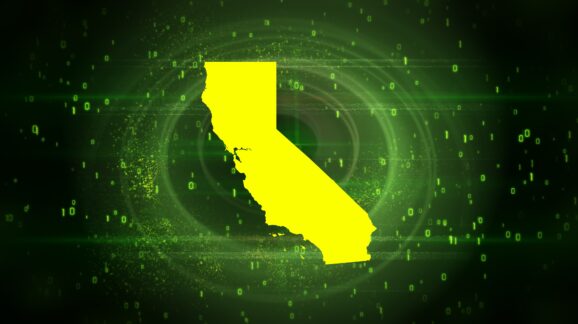The catastrophic consequences of COVID for California constitutional government

Photo Credit: Getty
COVID-19 hit California hard. The effects of COVID on California’s population were terrible, and the government policies that California imposed on its citizens may have been even worse.
The impact of COVID on state constitutional government was especially notable: California law delegates “all police powers” to the governor during a proclaimed emergency, which means that the governor can do anything that the Legislature can do in responding to health and safety concerns. The governor has tremendous latitude when deciding whether to declare an emergency and how long it lasts. This is a recipe for a “chronic crisis,” in which emergency powers are used or abused indefinitely.
Furthermore, the California Department of Public Health has the independent authority under state law to impose any orders it deems necessary to combat contagious and infectious disease – and the department retains this authority whether or not the governor declares an emergency. This is a serious problem of self-government, because the governor might prefer to issue regulations through the California Department of Public Health to avoid political accountability.
The Pacific Legal Foundation represented a restaurant and a mini-golf course (Ghost Golf) that was shut down during the pandemic. The Foundation sued the State of California, arguing that the way the state issues regulations is constitutionally defective in multiple respects.
The Foundation asked us to file an amicus brief in their appeal of the judgment against Ghost Golf, so that we could provide a broader legal and historical perspective about the dangers of California’s conduct. We were pleased to do so. And it was a special privilege for us to work with Timothy Sandefur of the Goldwater Institute, whose previous work provided the foundation for our brief and who practices law so brilliantly and so well.
As we argued in our Ghost Golf amicus brief: “There is no foundation for the chronic-crisis doctrine in California’s Constitution, its caselaw, or its statutes.” Indeed, there is no basis for the chronic-crisis doctrine in California’s or America’s legal tradition.
California’s system of regulation imposes no real time limit for emergency actions. The governor purports to exercise unusually and extraordinarily broad authority, yet the state Legislature – whose closure might justify the exercise of gubernatorial authority for a time – never stopped its operations. The bottom line is that the governor’s policy choices during a declared emergency are subject to little real accountability. These are hallmarks of a failure to respect constitutional norms.
We’re looking forward to what happens in the appeals court. We’re rooting for the appellants.